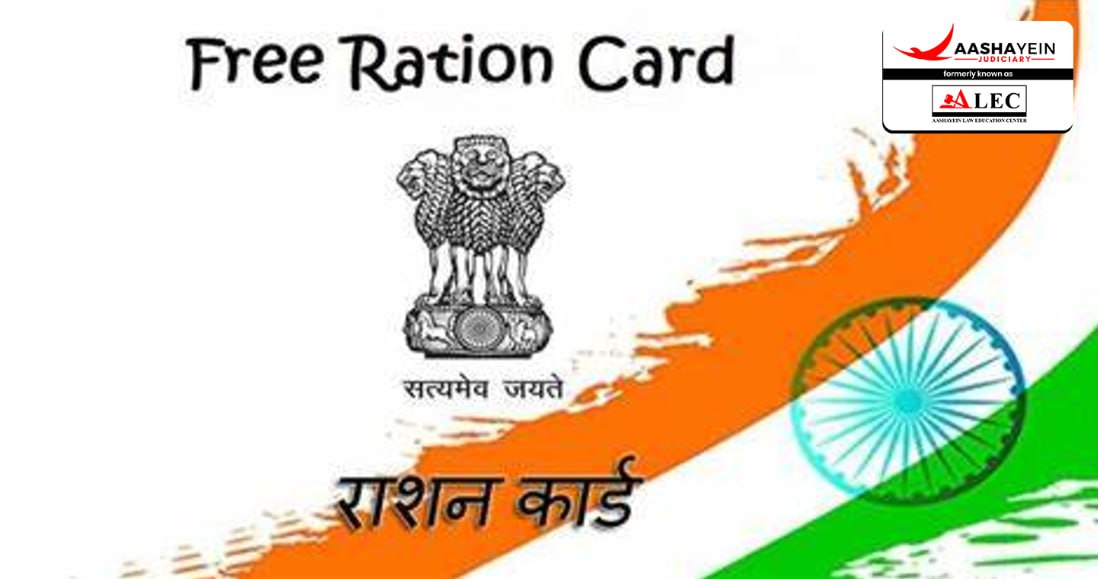There is a well-known saying that if you keep giving things away for free, people will eventually stop working altogether. This highlights the idea that when the government focuses on providing free resources to individuals instead of creating employment opportunities, the long-term consequence may be a population that becomes reliant on government aid rather than pursuing work or self-sufficiency. When the solicitor general told the Supreme Court in a recent case that about 81 crore people were receiving free or subsidized rations under the National Food Security Act of 2013, the court was astounded. The Supreme Court called for job development and migrant worker capacity building on Monday, while also questioning the extended free ration provision.
Background of the case
The Supreme Court is currently reviewing the government's food distribution programs, having previously stepped in to assist migrant workers during the COVID-19 pandemic. In earlier rulings, the Court directed states to issue ration cards to eligible migrant workers registered on the e-Shram platform. However, outdated data from the 2011 census has created significant challenges in accurately identifying those in need.
You can also read the latest judgment by visiting [Latest Judgment]
For more information, visit [Aashayein Enquiry Section]
Prashant Bhushan’s argument
Advocate Prashant Bhushan, representing an NGO in the case, argued that all migrant workers registered on the “e-Shram” portal should continue to receive free rations. He highlighted that many workers lack ration cards, which are essential for accessing government benefits. The hearing also addressed discrepancies in the data used to assess the needs of migrant workers. Bhushan noted that the 2011 Census data is outdated and that a more recent census would likely show an increase in the number of migrant workers.
Justice Kant commented on the issue, stating, “This is the problem. If we direct states to provide free rations to all migrants, none of them will remain here—they will leave. States might issue ration cards to appease people because they know the burden will fall on the Centre.” The Court suggested that states use free rations as a strategy to gain public favour, knowing that the central government will bear the financial responsibility for these benefits.
The court also believed that only taxpayers are left out to get the free ration if this process of distribution continues. The bench also questioned why the central government wasn't investing this much in job creation. It should be mentioned that creating jobs provides a long-term solution to this issue. Workers would become reliant on the government if they were only given freebies. As a result, the government will be forced to supply them, which will put a strain on it.
Understanding E-Shram Yojna and portal
The Indian government launched the e-Shram Yojana to provide social security benefits to workers in the unorganised sector. As part of this initiative, the e-Shram portal was introduced to create a centralized database of these workers, enabling them to access various government schemes. Workers in the unorganised sector can apply for an e-Shram card, which offers several benefits, such as financial assistance in case of disability, death insurance, and a pension after the age of 60. The e-Shram card ensures that unorganised workers can easily access new government schemes and services through the portal. Developed by the Union Ministry of Labour and Employment, the portal serves as a comprehensive national database, simplifying the process of delivering social security and welfare benefits to workers in the unorganised sector.
On September 2, the court directed the Centre to submit an affidavit detailing compliance with its 2021 judgment and subsequent directions regarding the provision of ration cards and welfare measures for migrant workers. The court’s questions highlight the reliance of marginalized communities on free rations. While providing free rations without ration cards was essential during the pandemic, the current focus of both the central and state governments should shift towards job creation to ensure long-term solutions.

